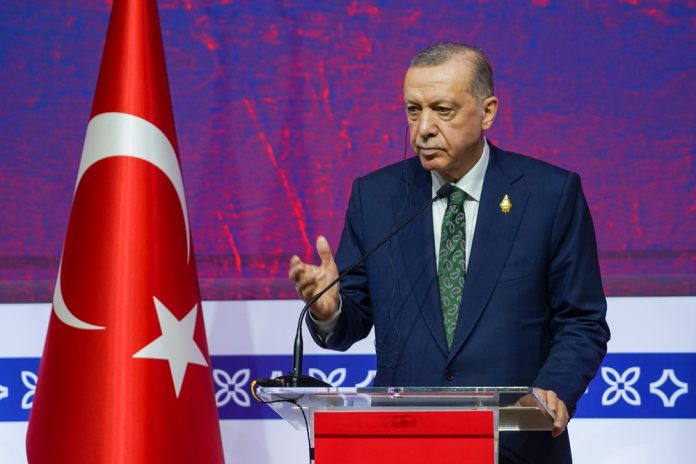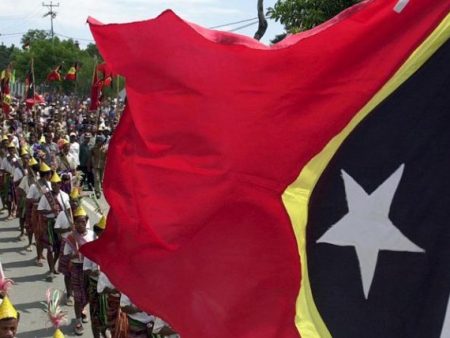The national lottery office of Turkey, the MPI or Milli Piyango Idaresi, has officially joined the government’s sweeping campaign against illegal gambling. This move marks a new stage in Ankara’s efforts to restore control. The government aims to regulate the country’s fast-growing online betting scene.

MPI Chairman and General Manager Ekrem Candan previously submitted a dossier containing around 420,000 criminal complaints against unlicensed gambling websites. He submitted it to MASAK, the Financial Crimes Investigation Board, which leads the nationwide enforcement campaign. Candan states that MPI data covers 239,000 domains that breach the gambling laws of Türkiye. He described illegal gambling as a borderless threat that harms the nation’s youth, weakens the economy, and disrupts social cohesion.
The move is part of a broader government initiative signed into law by President Recep Tayyip Erdoğan under the 2025–2026 Action Plan to combat illegal betting, games of chance, and online gambling. Published on November 1, the presidential circular calls for full government mobilization under central coordination. It also assigns responsibilities across ministries, financial institutions, and communication agencies under MASAK.
MASAK’s investigations show that many illegal servers operate from foreign jurisdictions such as Malta, North Macedonia, and Georgia. Framing the issue as one of the national sovereignty and economic integrity, Ankara has issued stern warnings of aggressive measures against states and platforms that facilitate Turkish-gambling activities.
Authorities have restricted 10,519 international gaming servers, as well 1,473 advertising sites since May. Signaling the huge scale of underground gambling operations targeting Turkish players, financial intelligence units have tracked illicit flows worth Turkish lira 2.2 billion or €66 million in the previous year and a further Turkish lira 3.6 billion or €100 million.
The crackdown spans numerous government agencies. The BTK, or Information and Communication Technologies Authority, is responsible for restricting access to illegal websites, apps, and digital channels. The Interior Ministry, meanwhile, oversees cybercrime units.
The Treasury and Finance Ministry is strengthening anti-money-laundering and payment monitoring measures. Meanwhile, the Justice Ministry has been instructed to prioritize prosecutions of betting-related offenses. Meanwhile, the Directorate of Communications will monitor influencer content and social media advertising linked to gambling promotions.


